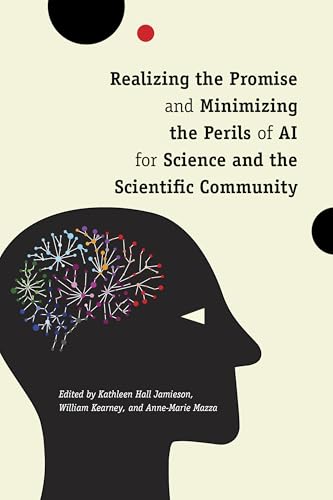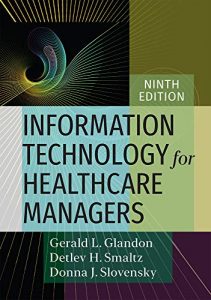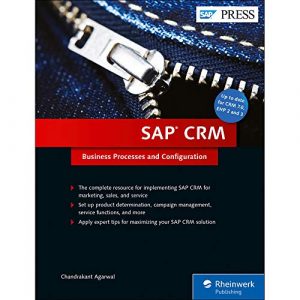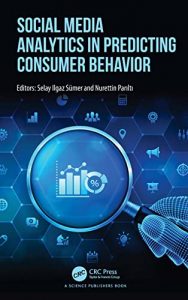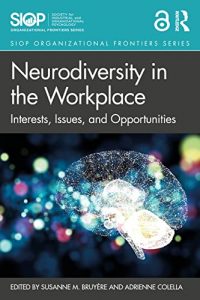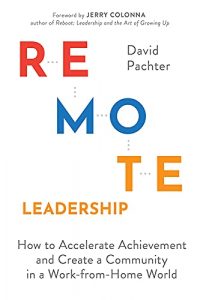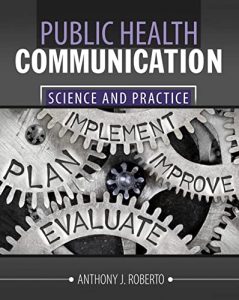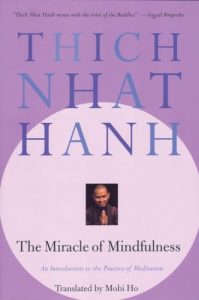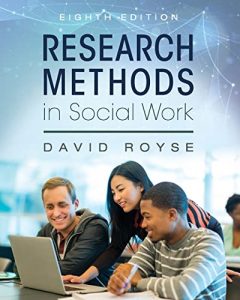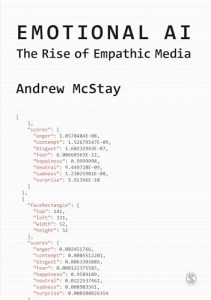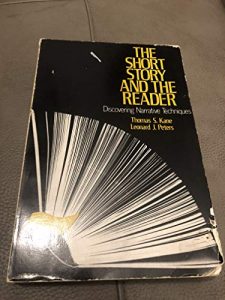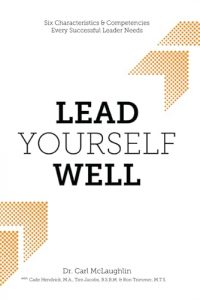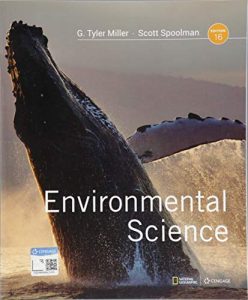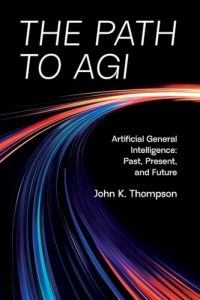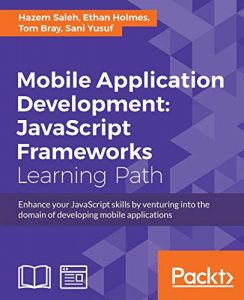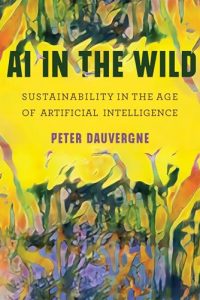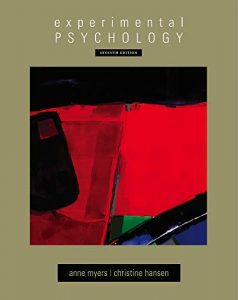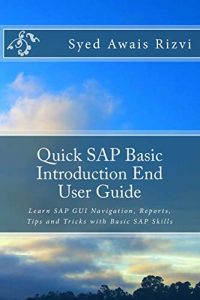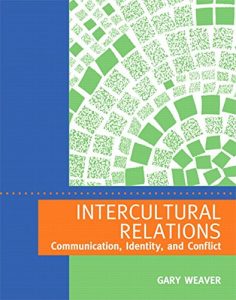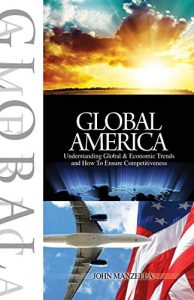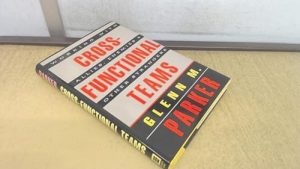Exploring the Scientific Community: Essential Reads for Engaged Minds
In the ever-evolving landscape of science, the role of the scientific community is more significant than ever. These intellectual hubs not only pave the way for groundbreaking discoveries but also shape the discourse around enduring questions in science and technology. As we delve into the wonders of the scientific world, literature acts as our compass, guiding us through complex concepts and ideas, while fostering collaboration and understanding within the community.
Whether you are a budding scientist, an established researcher, or simply a curious mind, the books we will explore today promise to deepen your appreciation for the scientific enterprise. From its historical foundations to the modern-day implications of artificial intelligence, these titles are a treasure trove of knowledge that every science enthusiast should consider adding to their collection.
1. Realizing the Promise and Minimizing the Perils of AI for Science and the Scientific Community
This riveting book delves into the dual-edged sword of artificial intelligence in the realm of science. It carefully examines not only the incredible potentials that AI holds for enhancing scientific research and communication but also the ethical implications and challenges it presents. Written by leading experts, this book is essential for anyone who wishes to understand the transformative impact of AI on the scientific community and the mitigative measures that can be adopted to ensure responsible use. It provides actionable insights and thought-provoking questions that advocate for a balanced integration of technology in science. A must-read for scientists and tech enthusiasts alike!

2. The Physicists: The History of a Scientific Community in Modern America
This insightful narrative intricately documents the evolution and impact of physicists in America. It provides an enlightening perspective on how various collective efforts in this scientific field have shaped modern scientific practice and thought. The vivid storytelling combined with historical detail engages both scholars and general readers, making it accessible yet profound. Whether you’re diving into physics for the first time or revisiting its golden era, this book is an unparalleled resource to understand the cultural context of a scientific community in historical progression.

3. The Annotated Build-It-Yourself Science Laboratory: Build Over 200 Pieces of Science Equipment!
This unique guide is not just a book; it is an invitation to immerse yourself in hands-on scientific exploration. By teaching readers to construct their own simple scientific equipment, it nurtures both innovation and practicality. Perfect for educators, parents, and young aspiring scientists, this book embodies the spirit of the scientific community as it encourages collaboration, curiosity, and creativity in hands-on experiments. With detailed instructions and rich illustrations, it inspires the next generation to embrace science actively and collaboratively.

4. The Formation of the American Scientific Community
This work traces the establishment of scientific practices in American society, offering a comprehensive look at how the scientific community took shape from its inception. By delving into historical contexts and key figures, it provides critical insights into the challenges and triumphs that have characterized scientific endeavors in the United States. Readers will find this exploration essential to understanding the foundations of current practices and communal aspects of scientific inquiry.

5. Forbidden Archeology’s Impact: How a Controversial New Book Shocked the Scientific Community and Became an Underground Classic
This controversial read presents an alternative view on human history that challenges the status quo. It examines the reactions and debates that have emerged in the scientific community as a result of its provocative claims. The engaging narrative stimulates critical thinking and encourages readers to consider various perspectives within scientific discourse. It serves as a reminder that the pursuit of knowledge often traverses uncharted territories and highlights the complex dynamics of scientific acceptance.

6. Modelling Scientific Communities (Elements in the Philosophy of Science)
This book presents a sophisticated analysis of scientific communities through the lens of philosophy. It dissects the social structures and cultures that shape scientific discourse and practice, providing valuable insights for both philosophers and scientists. By engaging with complex ideas, this book pushes the boundaries of how we understand scientific communities and their functioning. It is a stimulating read for those looking to explore the underlying principles guiding scientific collaboration.

7. Invisible Colleges: Diffusion of Knowledge in Scientific Communities
Unveiling the informal networks that facilitate the spread of knowledge within scientific circles, this book offers a unique view of how collaboration thrives beyond official channels. The author explores how communities form around shared interests and knowledge gaps, fostering diverse perspectives and innovation. This book is pivotal for understanding the internal dynamics of scientific collaboration and the significance of social ties in enhancing scientific advancement.

8. Conflict, Community, and Honor: 1 Peter in Social-Scientific Perspective
While primarily focusing on social-scientific analysis of Biblical texts, this book offers insights into the constructs of community and the dynamics of conflict within societal relationships. It emphasizes the interplay between honor and community bonds, making it relevant to discussions surrounding ethics and values in contemporary scientific communities. This book establishes connections between diverse fields and highlights the importance of community perspectives in shaping moral frameworks.

9. Teaching Inquiry-Based Chemistry: Creating Student-Led Scientific Communities
This resource for educators emphasizes the importance of fostering inquiry-based learning to build engaged and collaborative scientific communities in classrooms. By offering strategies and techniques for facilitating student-led investigations, it not only enhances learning but helps students develop essential skills in teamwork and critical thinking. This book is invaluable for educators seeking to cultivate a vibrant scientific culture among their students.

10. Fair Science: Women in the Scientific Community
This important title highlights the contributions of women within the scientific community, addressing historical challenges and barriers while advocating for greater representation and inclusion. It is a necessary read for anyone interested in the societal dimensions of science, offering compelling accounts and insights that challenge the mainstream narratives of scientific history. This book not only informs but inspires action toward equity in the scientific workforce.


